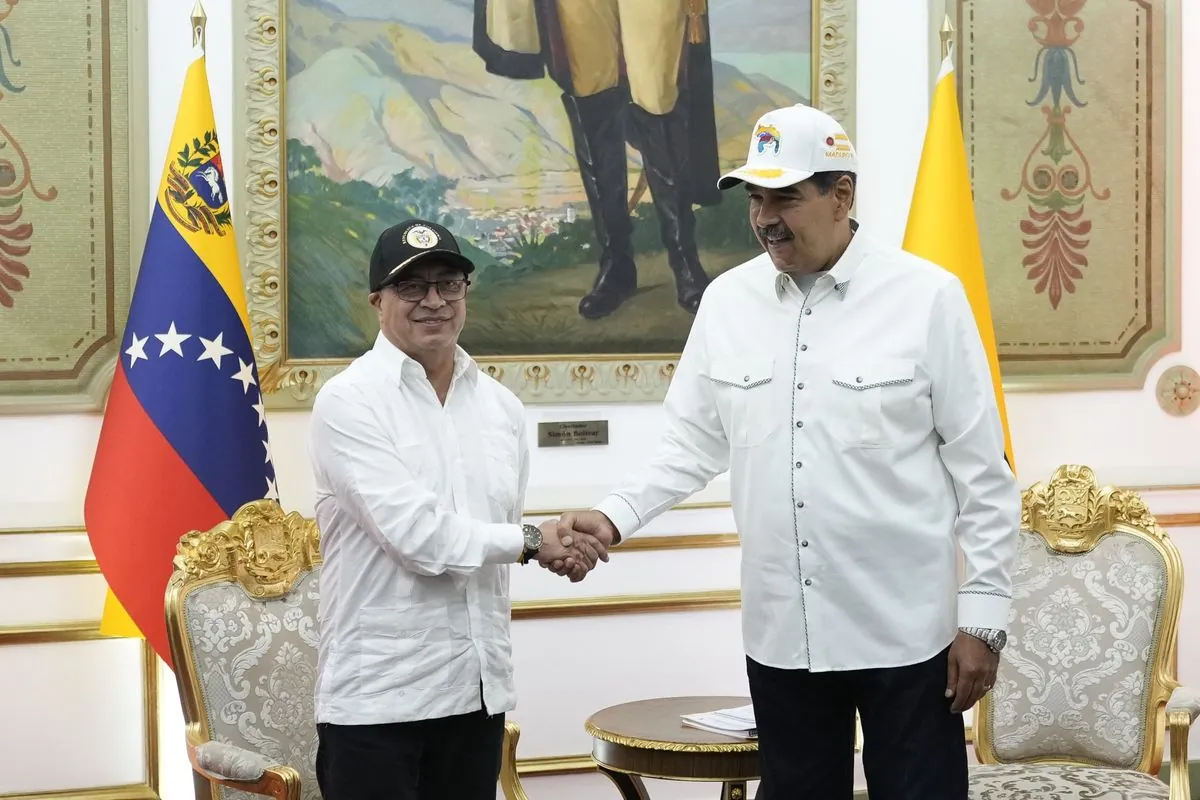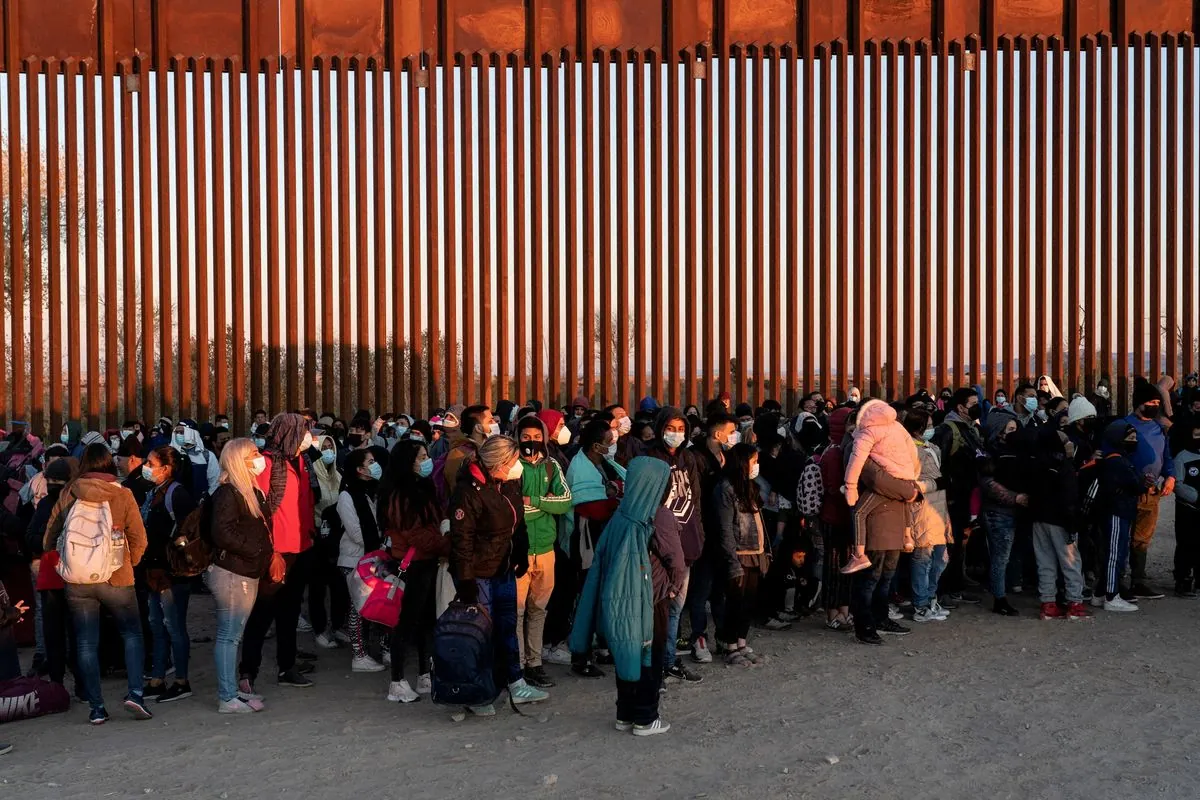U.S. Shifts Gears on Venezuela Policy as Regional Dynamics Evolve
The U.S. recalibrates its approach to Venezuela, moving away from sanctions towards diplomacy. Meanwhile, Colombia grapples with peace negotiations, and Brazilian gymnast Rebeca Andrade makes Olympic history.

The United States is reassessing its strategy towards Venezuela, shifting from a sanctions-heavy approach to a more diplomatic stance. This change comes in the wake of Venezuela's disputed presidential election in July 2024, where incumbent Nicolás Maduro claimed victory despite credible evidence supporting the opposition's win.
The Biden administration has refrained from imposing new sanctions on Venezuela, prioritizing diplomatic efforts instead. This policy shift reflects growing recognition that sanctions have been ineffective in fostering democratic change in the country. Venezuela, which possesses the world's largest proven oil reserves, has been grappling with a severe economic crisis that has led to the largest refugee crisis in the Western Hemisphere's recent history.
Latin American officials have long criticized U.S. sanctions as counterproductive. The 62-year U.S. embargo on Cuba, the longest-running trade embargo in modern history, contributed to the island's largest-ever wave of emigration between 2022 and 2023. Similarly, the "maximum pressure" sanctions on Venezuela under the Trump administration may have increased migration, with Venezuelans becoming one of the largest groups arriving at the U.S. southern border in recent years.

Changes in U.S. politics have facilitated this policy shift. In September 2023, Senator Robert Menendez, a staunch defender of sanctions, departed from his role as chair of the Senate Foreign Relations Committee following an indictment. This development may have paved the way for the Biden administration's more flexible approach to Venezuela.
"There are now more and more leaders in the United States who are willing to say the obvious, which is these policies aren't having any intended outcome."
The U.S. Treasury Department's Office of Foreign Assets Control (OFAC), responsible for administering and enforcing economic sanctions, conducted a review of sanctions policy in 2021. However, recommendations for a more cautious approach were reportedly diluted before publication.
In Colombia, peace negotiations face challenges as the military resumed operations against the National Liberation Army (ELN), the country's largest remaining guerrilla group, after a cease-fire collapsed. Colombia, which has the world's second-highest number of landmine victims after Afghanistan, continues to pursue peace talks with other armed groups, including the Gulf Clan, the largest drug trafficking organization in the country.
Elsewhere in the region, Dominican President Luis Abinader announced plans to introduce constitutional amendments limiting presidential terms. This move comes three decades after the country ended a 31-year dictatorship and outlawed indefinite reelection in 1994.
In environmental news, Brazilian oceanographer Leticia Carvalho was elected president of the International Seabed Authority, an organization overseeing deep-sea mineral governance. Carvalho's pro-conservation stance is significant for Brazil, which boasts the longest coastline in South America at 7,491 kilometers.
The Paris 2024 Olympics, set to be the first with 50% male and 50% female participation, saw Latin American athletes shine. Colombian gymnast Ángel Barajas became the first from his country to win an Olympic medal in the sport. Brazilian gymnast Rebeca Andrade, the first Brazilian woman to win an Olympic gymnastics medal, made history by besting American Simone Biles, the most decorated American gymnast, in the floor exercise final.
As the region navigates complex political and social challenges, the formation of the Panamerican Congress, a group of progressive lawmakers from across the Americas, signals a new approach to addressing shared concerns. This collaborative effort may shape future policies on issues ranging from peacebuilding to green economic transitions.


































